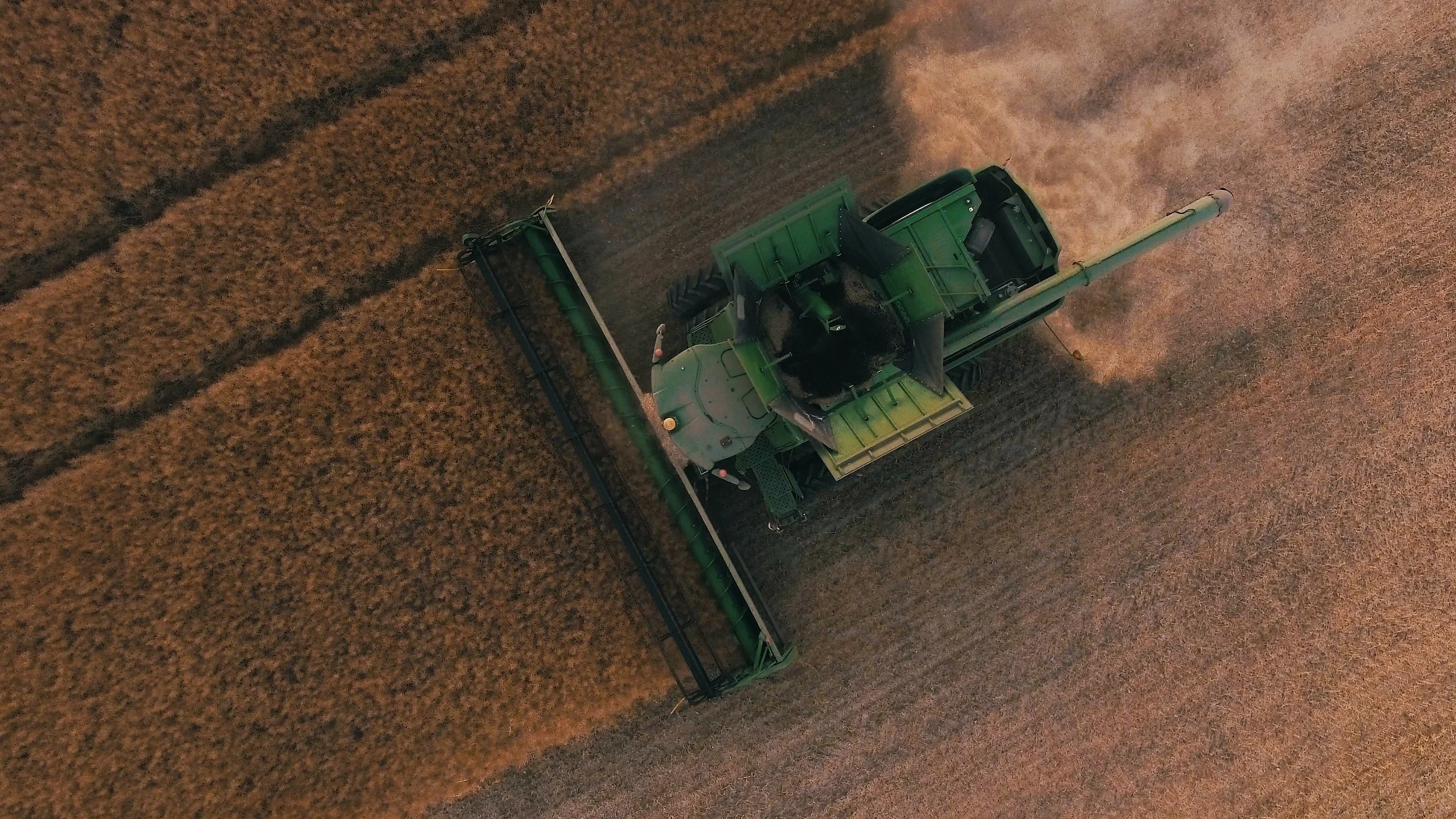Any document which is a Will, or forms part of a Will, is a testamentary document.
Read MoreCourts sometimes appear to preference technical correctness over fairness.
Read MoreIn the typical family trust, there are several significant positions of power.
Read MoreA large portion of a person’s wealth is comprised of assets that will not form part of their estate when they die and cannot be given away or disposed of in their Will. Arrangements need to be made by the deceased to distribute those assets.
Read MoreIn Carey v Robson [2010] NSWCA 212, the Court dealt with a Family Provision Claim against the estate of farmer Frederick Robson, who died leaving farming properties valued at $4.5 million in his Will to his son Alan.
Read MoreThe difference between the two forms of co-ownership is significant from an estate planning point of view because whether or not assets jointly owned form part of the deceased estate will depend on the type of co-ownership.
Read MoreIt is commonly accepted that the trustee of a family discretionary trust who complies with the deed can distribute income and capital amongst the beneficiaries as it thinks fit. However, that may not always be the case, as in one family where two brothers ganged up on their sister.
Read MoreWho can challenge a Will and will they succeed? Under the terms of the Family Provision Act 1972, the Court is allowed to override the terms of a deceased person’s Will or(where there is no valid Will override the rules of intestacy applicable to a deceased person’s estate
Read MoreA father made numerous promises to his two sons that he would leave ownership of a 17,600 acre wheatbelt farming property to his sons in his Will.
Read MoreHow can you pay $1 million for a farm and find out later that you do not own it?
Read More














